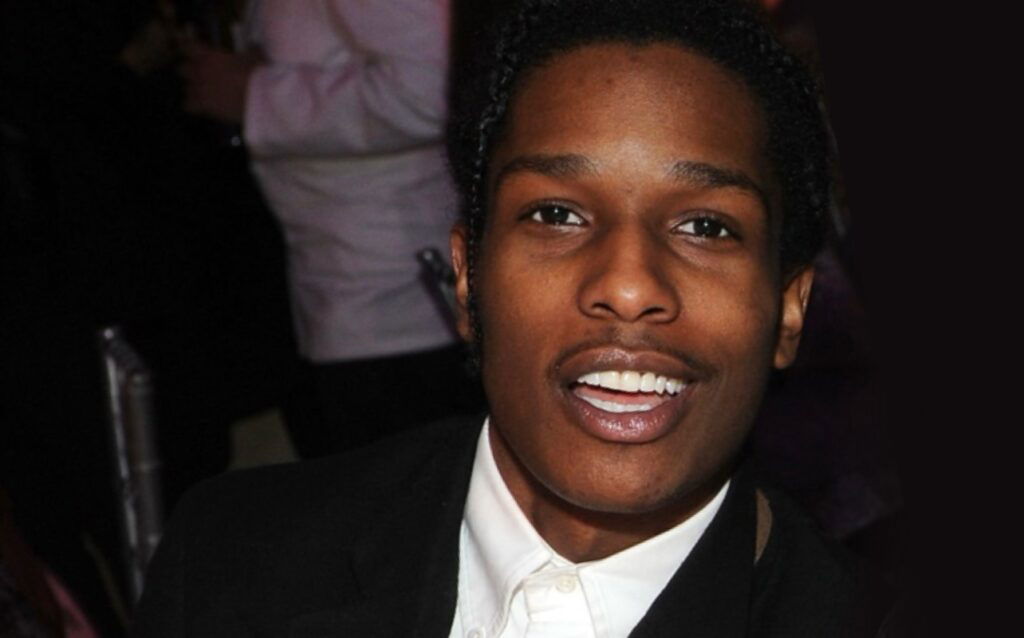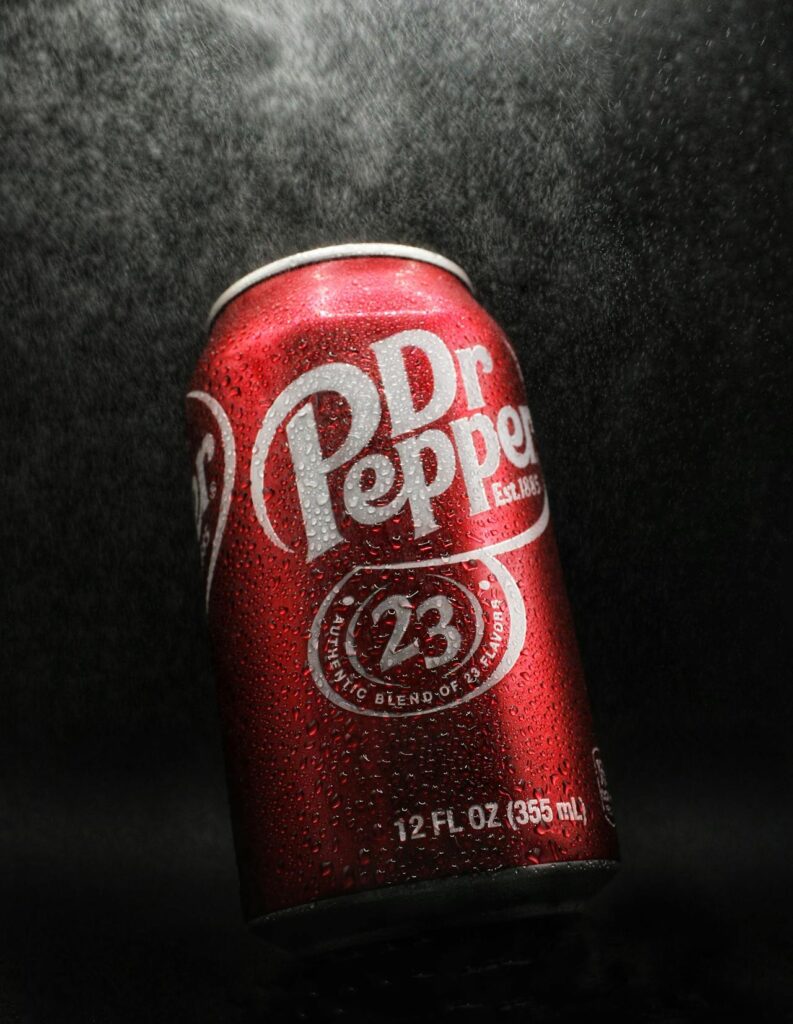
There are moments in entrepreneurship where a spark of ingenuity meets opportunity. Sometimes, this flicker ignites, forging companies that become part of our everyday lives.
For some founders, their billion-dollar company’s reputations precede them. Learn more about these visionaries and how they wielded success to create 10 of the most innovative brands we’ve come to know, love and—in some cases—can’t live without.
Airbnb
Brian Chesky, Nathan Blecharczyk, Joe Gebbia
In 2007, while scrambling to make their San Francisco rent, Brian Chesky and Joe Gebbia capitalized on a design conference coming to town. Hotels were scarce, so the roommates transformed their loft into a “designer’s bed and breakfast,” outfitted with three air mattresses and complimentary breakfast. Seeing a grain of an idea, even in one of the worst economic downturns since the Great Depression, they pushed forward, bringing on then-software engineer Nathan Blecharczyk. But it took three launches, a stint with a prestigious startup accelerator, a $600,000 seed investment, a name change and relentless perseverance for the trio to find their footing. In the past 16 years, Airbnb has navigated city-specific regulations and PR fumbles to become the $101 billion-dollar, publicly traded institution known throughout the world.
Glossier
Emily Weiss
The Vogue fashion assistant-turned-beauty blogger used her influence to launch Glossier in 2014 with four minimalist “must-have” products. With Emily Weiss at the helm, the millennial makeup darling honed in on a wildly successful direct-to-consumer model, embracing social media and influencers at every level. In just a few short years, the “marketing genius” brand—known for its specific “millennial pink” aesthetic and fun pop-ups—blossomed into a unicorn, valued at over $1 billion. In 2022, Weiss stepped down as CEO, noting, “A founder is a forever identity, one that starts with a kernel of an idea and never ends. I will always be Glossier’s founder. But a CEO is the champion that a company looks to, to lead it into tomorrow.” While the brand worked through controversies prior to Weiss’s departure, current CEO Kyle Leahy is leaving her own mark on the iconic company.
Larry Page, Sergey Brin
It’s hard to believe, but an afternoon of bickering between two computer science graduate students led to the search engine that would shape the world and power the burgeoning internet. The future founders met in the summer of 1995 when Sergey Brin was tasked with showing a group of prospective students, including Larry Page, around Stanford University’s campus. A year later, they were hard at work on what would become Google. The duo have been essential to the company’s growth and evolution, from its 1998 launch to their 2019 departure. Page and Brin’s two decades with the company saw a consistent stream of brand innovation with products like Gmail and Google Maps and the acquisition of YouTube. Both founders remain on the board of Alphabet Investor Relations, Google’s parent company.
NIKE
Phil Knight, Bill Bowerman
Before “Jordans” were part of American culture, co-founder Phil Knight was a collegiate runner at the University of Oregon, and he was looking for a better, lighter, more comfortable running shoe. Bill Bowerman, Knight’s legendary coach, was known for modifying his runners’ shoes to enhance performance. Knight couldn’t outrun his desire for a better shoe. After earning an MBA from Stanford University, Knight teamed up with Bowerman in 1964 to create Blue Ribbon Sports. But 1971 was a pivotal year for the company, as it claimed the NIKE brand name, commissioned the iconic “swoosh” logo and Bowerman designed the first line of waffle-soled sneakers. Years of clever, emotional marketing and celeb-driven endorsements followed, ingraining NIKE in the modern zeitgeist.
OpenAI
Notable Founders: Sam Altman, Greg Brockman, Elon Musk, Ilya Sutskever
Sometimes, changing the world is a group effort. A number of entrepreneurs, researchers and scientists founded the nonprofit, artificial-intelligence research lab in 2015. From the beginning, the founders touted their dedication to the safe development of artificial-intelligence tools that would “benefit humanity as a whole.”
Each founder lent a specific skill set to the movement: Elon Musk’s celebrity generated attention and awareness of AI safety; Sam Altman brought entrepreneurial insight; Greg Brockman offered technical expertise; and Ilya Sutskever exercised his research strengths. Although the organization has been marred by conflict—including lawsuits (one from co-founder Musk) and the firing and quick reinstatement of Altman as CEO—the nonprofit continues to be a leader in AI development, creating potentially future-defining tools, like ChatGPT.
Oracle
Larry Ellison, Bob Miner, Ed Oates
Before Larry Ellison was the world’s fifth-richest person, he was a two-time college dropout seeking opportunity in 1960s California, near present-day Silicon Valley. In 1977, the self-taught programmer, along with former Ampex colleagues Bob Miner and Ed Oates, started the first iteration of Oracle with $2,000. This seed company would revolutionize how businesses use data on a global scale. (The CIA was one of their first clients.) Ellison’s early prediction of the internet’s impact on society led him to build the world’s first and only autonomous database. Under his leadership, Oracle grew from a strategic startup to one of the most viable companies with 164,000 employees and 430,000 customers across 175 countries. Ellison stepped down as Oracle’s CEO in 2014 but remains chairman of the board and chief technology officer. Miner died in 1994; Oates retired in 1996.
Salesforce
Marc Benioff, Frank Dominguez, Parker Harris, Dave Moellenhoff
While the world was preparing for Y2K and learning to navigate AOL, Marc Benioff was leaps and bounds ahead of everyone. The former Oracle executive was no stranger to warp-speed innovation, so he brought his vision for an internet-based sales automation tool to Parker Harris over lunch in November 1998. Harris looped in Frank Dominguez and Dave Moellenhoff, his partners at a software consultancy. Salesforce launched in March 1999 and grew from a four-person operation in a one-bedroom apartment to a company with more than 70,000 employees worldwide—and a 61-story, 1,070-foot-tall skyscraper towering over San Francisco.
Taylor Swift Productions
Taylor Swift
Throughout her storied career, the culture-bending singer/songwriter has helped shape the direction of the music industry while cultivating her entrepreneurial brand vision through Taylor Swift Productions. The company, which incorporates Swift’s business interests, has helped produce her recent music videos and short films. But one of its biggest wins came with Swift’s AMC Theatres distribution agreement to show the film version of her career-spanning Eras Tour. The film generated $250 million worldwide and $92 million in its opening weekend in North America. The newly minted billionaire is admired for her clever, catchy, inescapable bridges, but her business acumen and marketing prowess have reached such a level of finesse and expertise that they’ve become the subject of several college courses. No matter what’s next for Swift, one thing’s for certain: She’s just getting started.
Brian Acton, Jan Koum
Brian Acton and Jan Koum became friends while working as engineers at Yahoo in the late ’90s, their bond forged by a similar work ethic. They left Yahoo in 2007, looking for new ventures. Koum, a Ukrainian immigrant, came up with the idea for WhatsApp after buying an iPhone and repeatedly missing calls. So, he set out to build an app that would let friends know each other’s availability. When Apple’s app store launched, he saw a rare opportunity, knowing that app development would become vital. The friends teamed up to build WhatsApp, launching it in 2009. Facebook bought WhatsApp for $19 billion in 2014—just a few years after rejecting both Acton and Koum as applicants. Facebook was looking to monetize its new acquisition through advertising, something the founders vehemently opposed—eventually leading to their departures from the company. Still, more than 2 billion people in more than 180 countries use the free app, and the brand is recognizable worldwide.
YouTube
Steve Chen, Chad Hurley, Jawed Karim
It all started with a pain point. The three PayPal colleagues were looking for a way to easily share videos with their friends, but there were too many tech conflicts in the way. In their spare time, they started writing the code that would evolve into YouTube. In April 2005, cemented in recent history, Jawed Karim appeared in the very first YouTube video—19 seconds of him describing elephants at the San Diego Zoo. Google bought the platform for $1.65 billion a year and a half later. In the years since, the co-founders have moved on to different ventures, but their creation remains transformative in brand innovation and it has forever changed how the world entertains, educates and connects.
This article originally appeared in the July/August 2024 issue of SUCCESS magazine. Photo courtesy TT News Agency/Alamy Stock Photo




